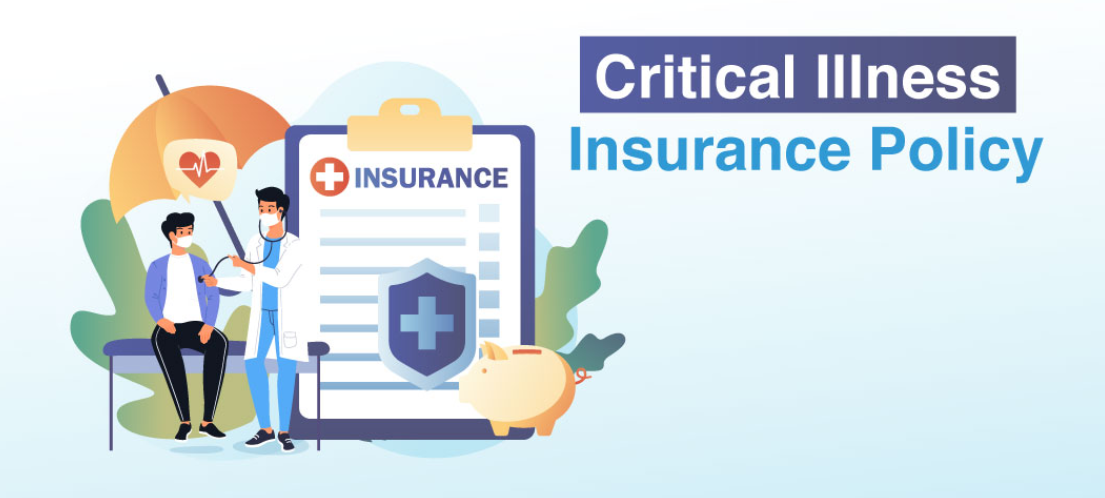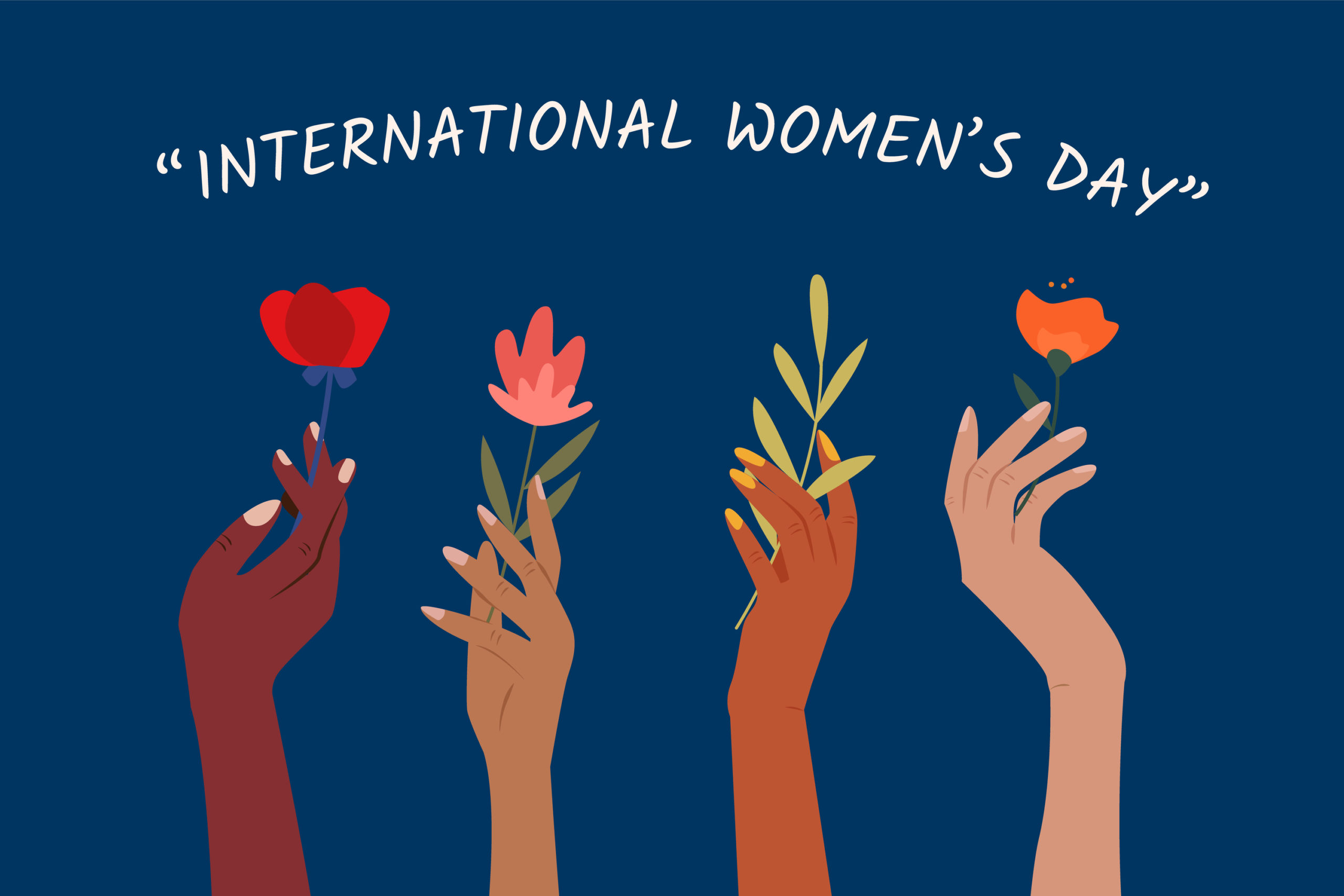The national 2024 report—“Ageing in India: Exploring Preparedness & Response to Care Challenges”—was released in conjunction with ‘World Elder Abuse Awareness Day which fell on 15 June. It is based on a study conducted across 20 Tier I and Tier II cities, in 10 states. 5,169 elders and 1,333 caregiver primary family members were surveyed. The survey was conducted amongst those in the ‘B’ and ‘C’ social economic categories. (There are 12 grades in the urban grid in the socio-economic classification system, from A1 to E3.)
HelpAge India head of policy research and advocacy Anupama Data said, “The ecosystem is not adequately developed to look after their needs in terms of care, health, financial & digital inclusion. Therefore, we urgently need to tailor programmes & services specifically for the elderly, particularly the disadvantaged.”
Financial Insufficiency
The report reveals, financial insufficiency amongst elders, with one in every three elders, not having have any income in past one year, more amongst women (38%) than men (27%). 32% of the elderly or their spouses, have an annual income of less that INR50,000 ($600) and 29% report having access to social security schemes i.e. old-age pension / contributory pension / provident funds. High illiteracy levels further aggravate the situation, with around 40% of the elderly who are illiterate report not having access to any income sources in comparison to 29% respondents who are literate. Accordingly, nearly 65% of elders report that they are financially not secure with their current income and access to savings and investments.
Health
On the health front, more than half of the elderly (52%) report facing at least one challenge related to basic or instrumental activities of daily living. 54% are suffering from two or more NonCommunicable Diseases (NCDs). Most of the elderly persons (79%) visit government hospitals / clinics / primary health centres in the last one year. Almost half (47%) of the super senior citizens, that is those above 80 years, who visit these government hospitals / clinics have no personal income. It is safe to assume, that monetary constraints do not allow them to visit any private healthcare facilities.
Only 31% elderly persons reported access to health insurance, coverage was largely under PM-JAY, along with ESI (Employee State Insurance Health Care) and CGHS (Central Government Health Scheme). A very small proportion of respondents (3%) reported purchase of commercial health insurance.
The reasons for not having health insurance were mainly focused on lack of awareness (32%), affordability (24%) and lack of need for it (12%). Using technology to address health issues, was drastically low, with only 1.5% elders availing teleconsultation services in the last one year.
Eldercare
The family plays the role of primary caregivers, when the elderly are bedridden and highly dependent. Almost all elders report that their spouses or children take care of them in this situation. The demands placed on caregivers are significant, with a majority (68%) of caregivers reporting they provide support to their elderly everyday. On an average, a caregiver spends around 20 hours in the past week i.e. close to three hours every day.
Around 29% of the caregivers report physical challenges in providing care to an elderly person, while 32% also report facing financial challenges in providing care to the elderly. HelpAge India CEO Rohit Prasad said that there is an urgent need to collectively develop a comprehensive framework on the provision and financing of Long Term Care together with all stakeholders. He added that the helpline facility, Elderline 14567 by the Ministry of Social Justice & Empowerment, is one such landmark initiative
Elder abuse continues to be a major concern, with 7% elderly admitting to being a victim of abuse, while 5% of the elders declined to respond to the question, which was in itself quite telling.
Source: Asia Insurance Review



